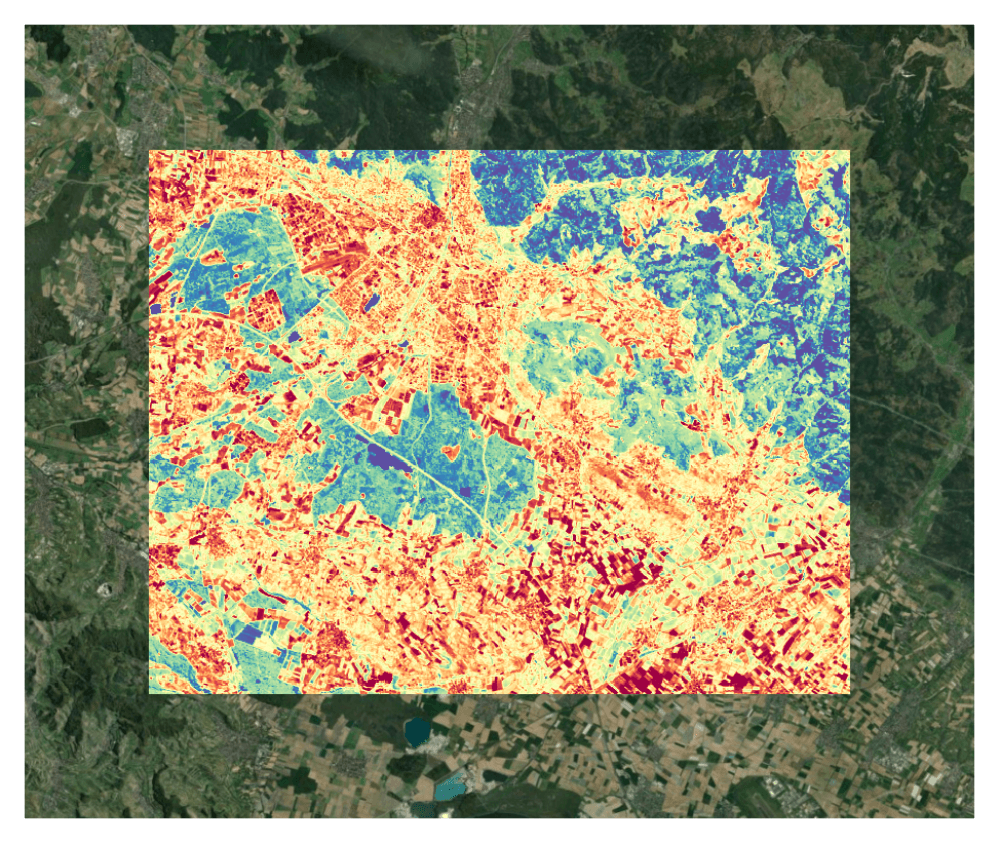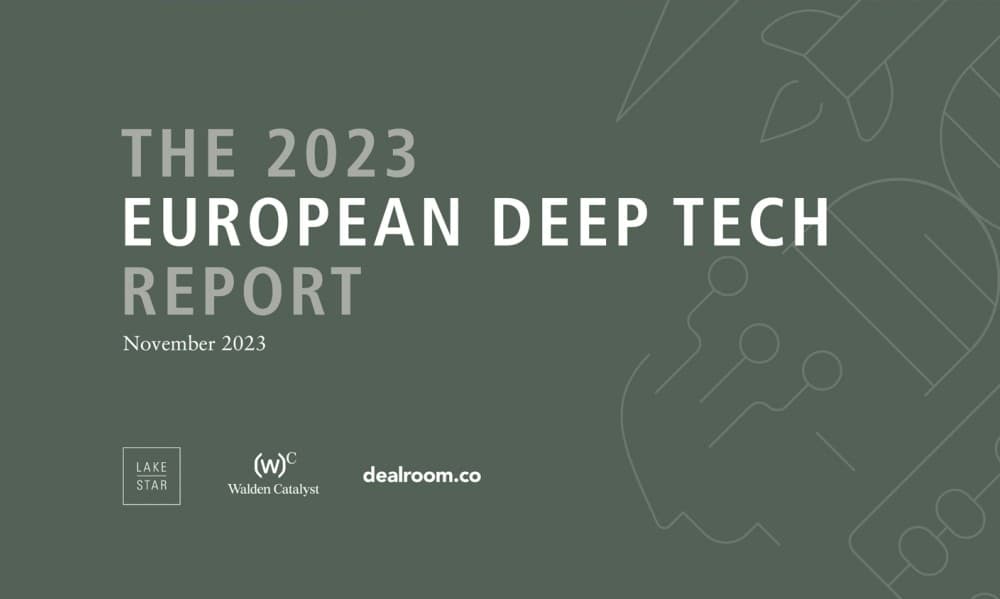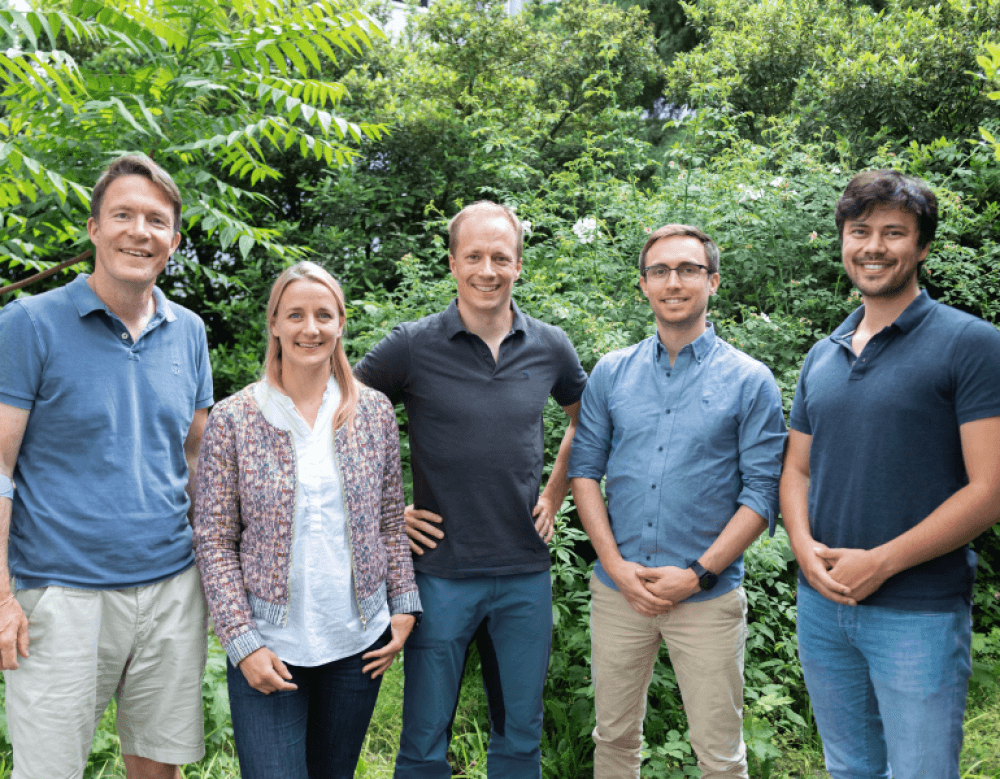Founders' Stories|
Constellr tackling one of the world's biggest problems
Food and water insecurity will increasingly be among the greatest challenges faced by society. By using microsatellites to monitor the Earth’s surface temperature and soon also its chemical composition, constellr’s technology can robustly derive water need and water availability across every field on the globe, every single day.
Food and water insecurity will increasingly be among the greatest challenges faced by society. By 2050, the United Nations estimates that 50% more food will be needed by the Earth’s population, leading to a water increase of 40% by the end of this decade. Of all the world’s freshwater, an incredible 70% is used in agriculture of which an estimated 60% goes to waste due to inefficient irrigation and planting methods, equating to an astonishing 40% of global freshwater.
Our inability to measure the water needed in agriculture is a massive contributing factor to this problem. Non-sustainable water use globally costs €220 billion a year today and is expected to reach a staggering €2 trillion by the end of the decade – the equivalent of only eight harvests away. We’re seeing an entire paradigm shift taking place as water becomes an increasingly scarce resource and the limiting factor in food production.
By using microsatellites to monitor the Earth’s surface temperature and soon also its chemical composition, constellr’s technology can robustly derive water need and water availability across every field on the globe, every single day. Unlike existing satellites, constellr's microsatellites go beyond visual imaging to identify stress symptoms before crops are damaged. Consequently, constellr allows earlier response times across high-precision agriculture, crop health monitoring and sustainable resource management compared to current space-based systems.
constellr’s satellite images provide high-precision data that can be used, for example, to determine the water requirements of crops that have already been cultivated. Therefore, an impending drought can be recognized much earlier than with existing methods and fast enough to implement effective mitigative actions such as targeted irrigation. This method optimizes and reduces water consumption while increasing crop yield per litre of water used. Crop health and yield is particularly sensitive to heat, so constellr’s monitoring system offers the opportunity to massively improve early crisis detection, with knock-on effects across supply chain management and commodity trading. By providing the central dataset for agriculture to build reliable forecasts, constellr is helping to determine yield more robustly and much earlier, and avoid potentially catastrophic supply chain effects.
constellr facilitates the saving of up to 40% of water and reduces the risk of crop loss, driving towards an environmentally positive agricultural system. Within five years, constellr expects to leverage 60 billion tons in water savings, thereby avoiding 14 megatons of CO2 being emitted and generating billions of Euros in gross benefits for farmers.
"Even a small lack of food will impact the entire global economy but I believe Europe has a leading role to play in closing the impending food gap."









